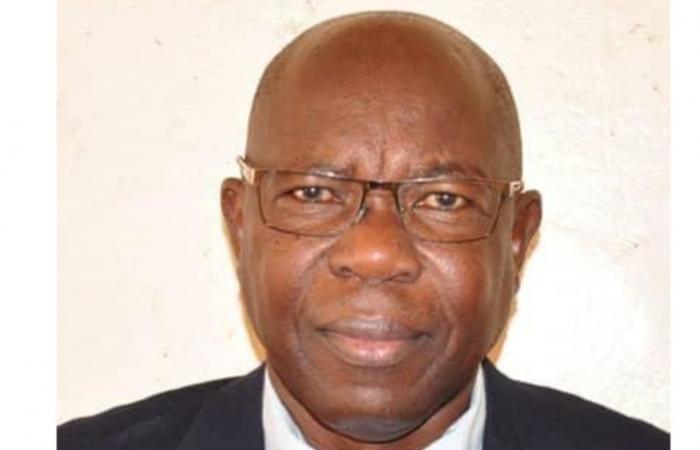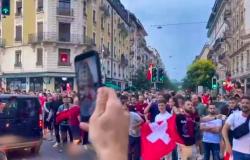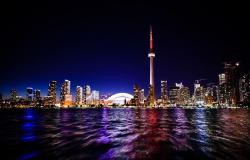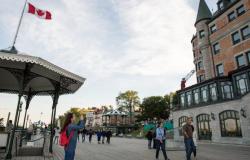We can consider that diplomacy is a set of means available to a State to act, outside its territory, in terms of cooperation, negotiation and representation, but also actions within international organizations, thus strengthening its visibility and its dynamics in the global space. This system is generally integrated into foreign policy which falls within the reserved domain of the President of the Republic according to the Constitution.
This external action may be marked by the personality and political orientations of the men elected as heads of state. This is how the election of Bassirou Diomaye Diakhar Faye, on March 24, 2024, to the top of the Senegalese state results in an aggiornamento in Senegalese diplomacy through the choice of new methods and especially through practices which confirm the rupture in the fundamental options. From now on, priorities are based on the interests of Senegal on the basis of political and economic realism. It is true that the foundations of foreign policy have not varied, as former President Senghor subtly noted in the deciphering of his concentric circles prioritizing the neighborhood, the continent and the world. Following this logic, President Bassirou Diomaye Diakhar Faye has favored neighboring countries in his trips abroad.
The diplomacy of good neighborliness and continental fervor
By respecting this principle of foreign policy, the president does not deviate from the tradition which has been perpetuated since the advent of the State and which today becomes a fundamental element of the country’s diplomatic action. It is a symbol of the interest that the country gives to neighboring countries since peace and security in this environment are also a guarantee of internal stability and harmony.
This demonstrates the nexus between internal policy and foreign policy, especially since the phenomenon of globalization has reinforced the porosity of borders by correlatively diluting the notion of sovereignty. Likewise, awareness of existing sources of destabilization in the sub-region further encourages the pooling of prevention strategies and the fight against any attempts to disrupt the social order. The security dimension therefore takes on its full meaning with regard to the prospects for developing oil and gas deposits.
Common sharing of oil and gas exploitation undoubtedly explains the first destination, which is Mauritania. Senegal maintains centuries-old historical, geographical and socio-cultural relations with its northern neighbor. A strong Senegalese diaspora has lived there for a very long time and it constitutes a transit country for candidates for illegal emigration to Europe. The two countries are also engaged in projects within the OMVS (Organization for the Development of the Senegal River).
This diplomacy also targets Mali, Gambia and Guinea-Bissau, Guinea expanding at the continental level to other countries such as Ivory Coast and Burkina Faso, Niger thus demonstrating the enthusiasm of the new authorities Senegalese women to work for African integration. They plead for the strengthening of ECOWAS (West African Economic Community), an important step in Pan-Africanism, especially as this community body is going through a crisis accentuated by the will expressed by the countries known as the Alliances of Sahel States ( AES), the signing of a mutual defense pact. They therefore decided to leave the Organization for its positions and its sanctions against the military powers established in these countries (Mali, Niger, Burkina). In the tropism of peace, Senegalese diplomacy could play an important role in reconciling the rebels with the regional organization. It is expected by its dynamics at the international level, particularly in Franco-Senegalese relations.
New clothes for Senegalese diplomacy, France forced to adapt
Symbolically the clothing of the Senegalese presidential couple in France for a first visit to the country of Molière gives the dimension, on a symbolic and practical level, of the innovations in Franco-Senegalese relations. Certainly, this visit to France takes place in a particular context where the French president is confronted with the political push of the National Rally which finds itself, once again, in the antechamber of power. Could the national upsurge have a slowing effect? Nothing is less certain, given internal issues, decline in purchasing power, pension reform, etc.
In any case, what emerges from this interview between the French and Senegalese presidents are uninhibited relations and better consideration of the desire of the Senegalese authorities to complete their national sovereignty through the gradual disappearance of French military bases in the country, according to a mutually agreed timetable following negotiations between the two parties. Moreover, France had declared its decision to drastically reduce its military personnel in Africa, in accordance with its new geostrategic policy. An opportunity seized by Senegalese diplomacy to request the realization of this wish.
Therefore, it should be said that Senegalese diplomacy has gained points through the impetus of a dynamic allowing discussion as an equal partner on issues relating to the country’s interests. This position is consistent with the aspirations of Senegalese citizens who have expressed the desire to change the way of governing and especially political practices, including diplomatic action. With this in mind, President Bassirou Diomaye Diakhar Faye gives a strong signal for the diversification of partners in international cooperation and the involvement of Senegal in major international issues in favor of better economic balance and the search for world peace .
By adopting a new posture in the choice of rigorous and rational method, competent men, with the concern to protect the financial resources of the country, Senegalese diplomacy will gain visibility and achieve objectives set in the project widely supported by the Senegalese.
By Moussa DIAW, political scientist, specialist in international relations






